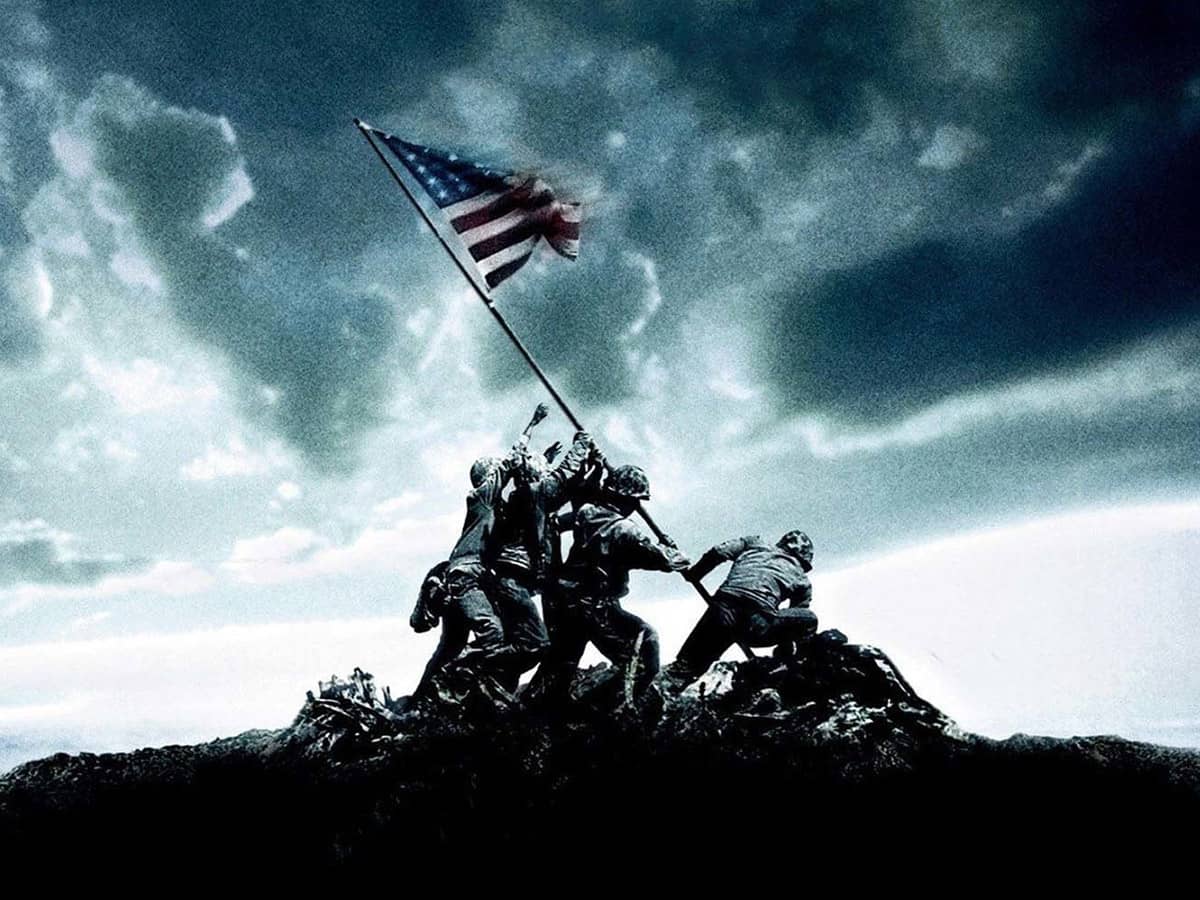Grease
Ice Castles
The Passenger
The Passenger is a 1975 film directed by Michelangelo Antonioni. Written by Antonioni and Peter Wollen, the film is about a British-American journalist, David Locke, played by Jack Nicholson, who assumes the identity of a dead businessman while working on a documentary in Chad, unaware that he is impersonating an arms dealer with connections to the rebels in the current civil war.
The Passenger has been widely praised for its camerawork and its acting. The movie was praised by Rolling Stone and The New York Times.
The Way We Were
The Way We Were is a 1973 American romantic drama film, starring Barbra Streisand and Robert Redford, and directed by Sydney Pollack. A box office success, the film was nominated for several awards and won the Academy Award for Best Original Dramatic Score and Best Original Song for the theme song, "The Way We Were". The soundtrack recording became a gold record and hit the Top 20 the Billboard 200 while the single became a million-selling gold single, topping the Billboard Hot 100 respectively, eventually selling in excess of two million copies. Billboard named "The Way We Were" as the number 1 pop hit of 1974.
The Goodbye Girl
The Goodbye Girl is a 1977 American romantic comedy-drama film. Directed by Herbert Ross, the film stars Richard Dreyfuss, Marsha Mason, Quinn Cummings, and Paul Benedict. The screenplay centers on an odd trio - a struggling actor who has sublet a Manhattan apartment from a friend, the current occupant (his friend's ex-girlfriend, who has just been abandoned) and her precocious young daughter.
Richard Dreyfuss won a Best Actor Oscar for his performance as Elliot Garfield. At the time he became the youngest man to win an Oscar for Best Actor.
Love Story
Love Story is a 1970 romantic drama film written by Erich Segal, who was also the author of the best-selling novel of the same name. It was directed by Arthur Hiller and starred Ryan O'Neal, Ali MacGraw, John Marley, Ray Milland and Tommy Lee Jones.
The film is considered one of the most romantic by the American Film Institute ranking as number nine on the list and is one of the highest grossing films in U.S history. Later a sequel was developed in 1978 - Oliver's Story starring O'Neal with Candice Bergen.
Annie Hall
Annie Hall is a 1977 American romantic comedy directed by Woody Allen from a screenplay he co-wrote with Marshall Brickman. Produced by Allen's manager, Charles H. Joffe, the film stars the director as Alvy "Max" Singer, who tries to figure out the reasons for the failure of his relationship with the film's female lead, played by Diane Keaton in a role written specifically for her.
The film is considered to be one of the greatest film comedies - it ranks 31st on AFI's list of the top feature films in American cinema, fourth on their list of top comedy films and number 28 on Bravo's "100 Funniest Movies." Film critic Roger Ebert has referred to it in interviews as, "just about everyone's favorite Woody Allen movie."
Manhattan
Manhattan, filmed in black-and-white widescreen, is a 1979 American romantic comedy-drama film directed by Woody Allen and produced by Charles H. Joffe. Allen co-stars as a twice-divorced 42-year-old comedy writer who dates a 17-year-old girl but falls in love with his best friend's mistress - played by Diane Keaton. Meryl Streep and Anne Byrne also star.
Kramer vs. Kramer
Kramer vs. Kramer is a 1979 American drama film adapted by Robert Benton from the novel by Avery Corman, and directed by Benton. The film tells the story of a married couple's divorce and its impact on everyone involved, including the couple's young son. It received five Academy Awards - Best Picture, Best Director, Best Adapted Screenplay, Best Actor, and Best Supporting Actress.
Kramer vs. Kramer reflected a cultural shift, when ideas about motherhood and fatherhood were changing. The film was widely praised for the way in which it gave equal weight and importance to both Joanna and Ted's points of view.

